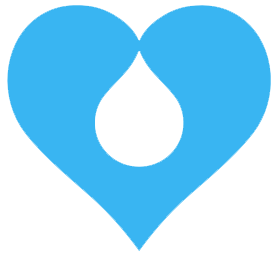Reference issue on Drupal.org: https://www.drupal.org/project/diversity/issues/3067603
The Drupal community aims to be a welcoming, safe, respectful and inclusive space for all participants. The language we use in our day-to-day interactions with each other is an important factor which contributes to creating these conditions.
Language is ever-evolving, nuanced and subjective. Words and phrases that were acceptable and in common use only 50 years ago may no longer be appropriate today. This can be particularly challenging when English is not your first language, but even for those who are native speakers, changing our habits takes awareness and practice.
As we become increasingly aware of gender identities which don’t fit into the binary categories of ‘man’ or ‘woman,’ we’re bumping into an issue: Many languages were created with the gender binary in mind.
People who are transgender, non-binary and gender non-conforming experience frequent misgendering (referring to them using a word, especially a pronoun or form of address, that does not correctly reflect the gender with which they identify), which can be devastating to their sense of safety, self-esteem and mental health.
The language we use in the Drupal community is a way of signalling to everybody “you belong here” or conversely “you don’t belong here.” Everybody in our community should expect to hear the former, and not the latter.
The phrase ‘you guys’ or ‘hey guys’ can be a strong “you don’t belong here” signal to members of our community, because culturally this term is used in reference to those who identify as men. We know this. People in our community have told us this.
We, as a community, have an opportunity to change this.
We have the opportunity to ensure that everybody in our community feels that “I belong here.”
We can do this by bringing awareness to this phrase, and making a small change to the way we use language to include, rather than exclude, members of our community.
There are a lot of different phrases you could choose to use instead:
- Folks
- People
- Peeps
- Y’all
- Humans
- They/Them
- Everyone/Everybody
We won’t be perfect every time, it will feel clunky at first, and we might make mistakes.
That’s normal when we’re learning to change a habit.
What is important is that we try to raise our collective and personal awareness of how the language we use can impact others.
When it becomes clear that some aspect of our language is harming people in our community, it is our responsibility to do all we can to address this in a positive way, and change the way we communicate so that everybody in our community feels that they belong here.
Resources:
https://www.hotjar.com/blog/gender-inclusive-language-workplace
https://www.theatlantic.com/family/archive/2018/08/guys-gender-neutral/5...
https://www.abc.net.au/life/is-it-time-to-stop-saying-you-guys-at-work/1...
https://www.dictionary.com/e/you-guys/
https://brainsoverblonde.com/you-guys/
https://dev.to/kmelve/the-problem-with-you-guys-51h7
https://atlascorps.org/gender-inclusive-language-tips-respect-diversity/
https://www.vox.com/2015/6/11/8761227/you-guys-sexism-language
